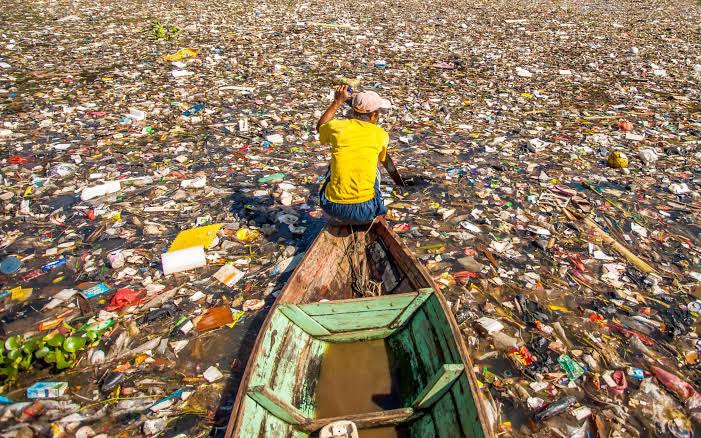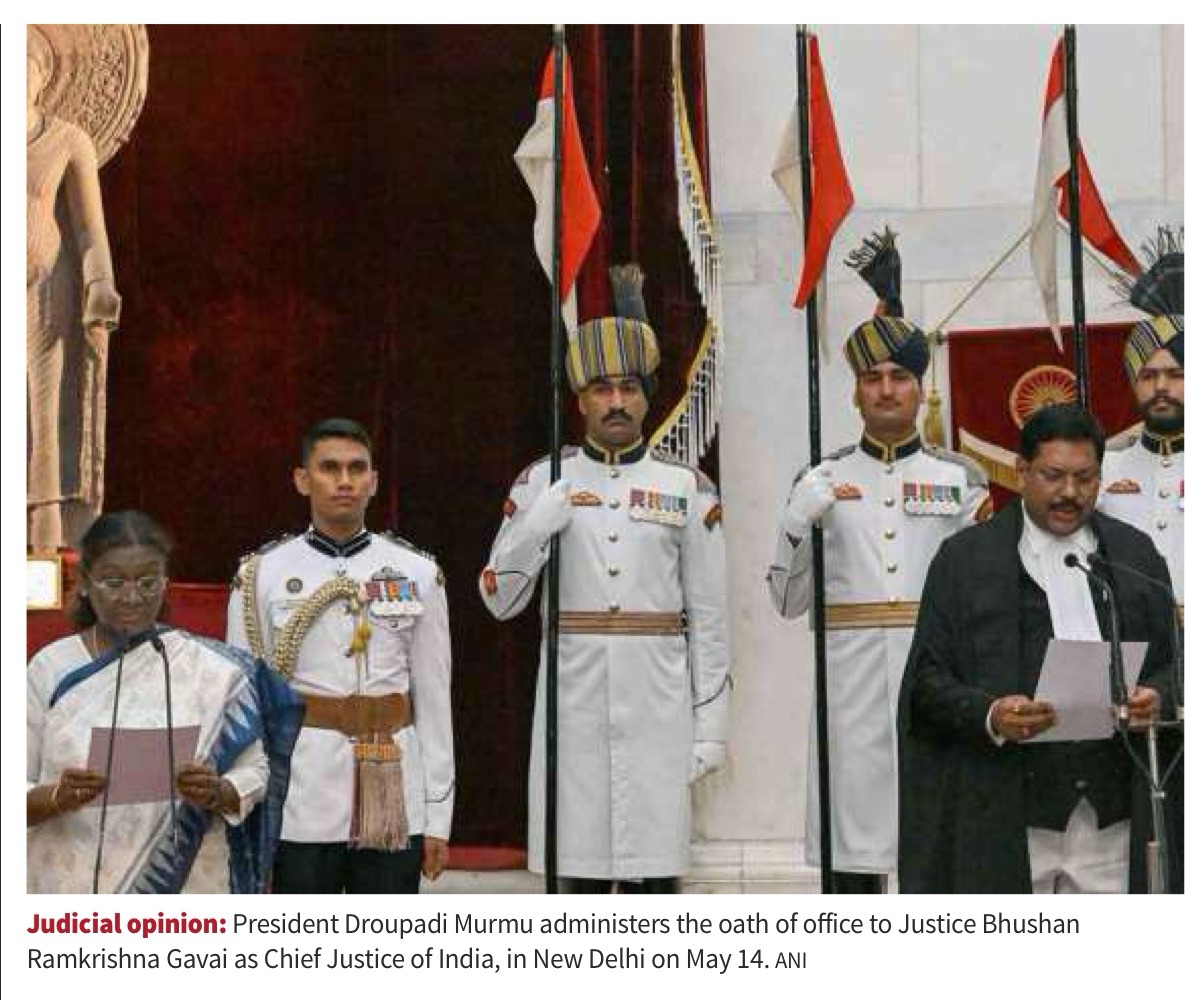
The article explores how the plastic industry, much like the tobacco industry, uses misleading public relations tactics and weak policy loopholes to avoid corporate accountability despite evidence of environmental harm. Just as tobacco companies historically funded studies to downplay health risks, plastic producers have promoted recycling since the 1980s, even though they acknowledge its technical and economic impracticality at scale. This strategy shifts the blame to individuals for not recycling, while masking the true impact of plastics. The article highlights how regulations in the Global North have forced plastic producers to target low- and middle-income countries in the Global South to sustain growth, exploiting weaker regulations and inadequate waste systems. In India, around 70% of recycled plastic is handled by informal workers like ragpickers, who face hazardous conditions without legal or social protection. The government has taken steps under the National Action for Mechanised Sanitation Ecosystem (2024) and the amended Plastic Waste Management Rules (2016) to integrate waste pickers into formal systems and impose responsibility on manufacturers. However, industry lobbying continues to influence global plastic policies.
🔹 GS Paper 2 – Governance & International Relations
“The global plastic industry replicates the public relations playbook of the tobacco industry to escape accountability.” Examine this statement in the context of environmental governance and policy-making.
Discuss the ethical and governance implications of shifting the environmental burden of plastic waste from the Global North to the Global South.
Critically analyse the effectiveness of India’s policies such as the Plastic Waste Management Rules (2016) and the National Action for Mechanised Sanitation Ecosystem (2024) in addressing informal labour in the plastic recycling sector.
🔹 GS Paper 3 – Environment, Economy & Technology
“Recycling is not a viable solution to the plastic crisis, yet it is marketed as one.” Evaluate this paradox with reference to India’s waste management system and international plastic policy debates.
Assess the role of informal waste workers in India’s plastic recycling economy. What are the challenges they face and how can they be better integrated into formal systems?
Examine how multinational plastic producers leverage weaker environmental regulations in developing countries to sustain profits. Suggest policy measures India and other Global South nations can adopt to counter this trend.
🔹 GS Paper 4 – Ethics, Integrity & Aptitude
Corporations often shift responsibility for environmental damage onto consumers. Discuss this ethical dilemma using the example of the plastic industry’s recycling narrative.
What ethical responsibilities do corporations have in ensuring environmental sustainability, especially when operating in countries with weaker regulations? Illustrate with the case of plastic waste.
“Greenwashing and misinformation are major ethical challenges in corporate environmental responsibility.” Analyse this statement with reference to the practices of the plastic industry.











